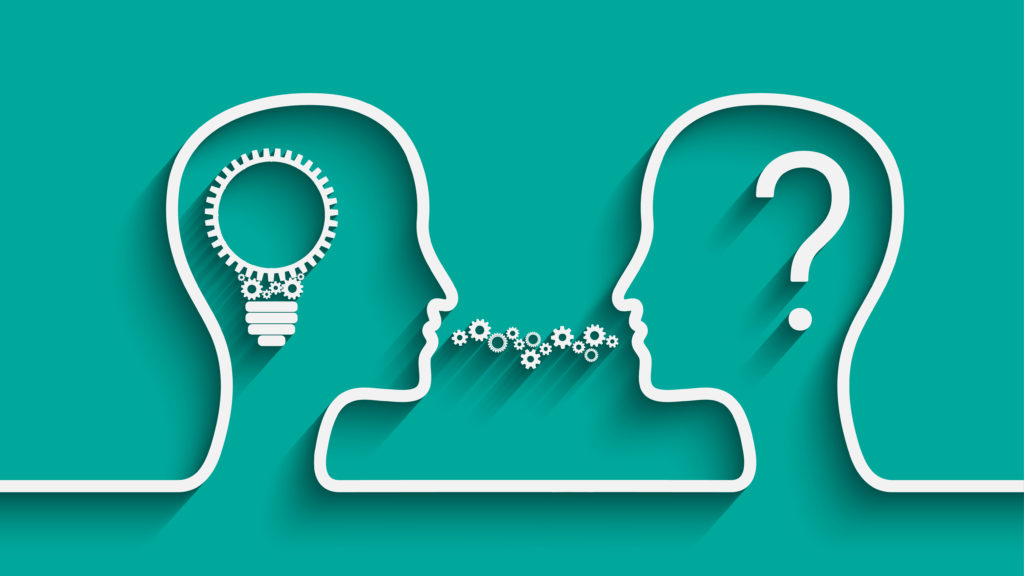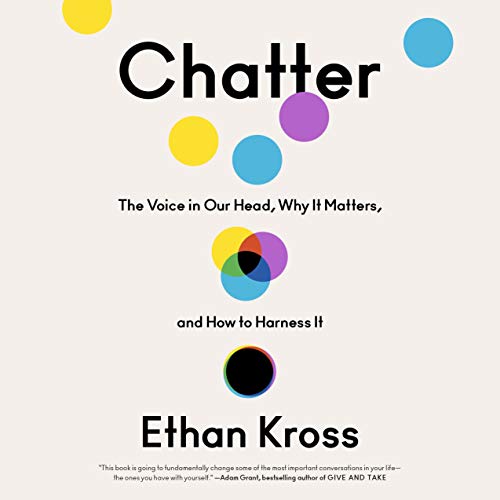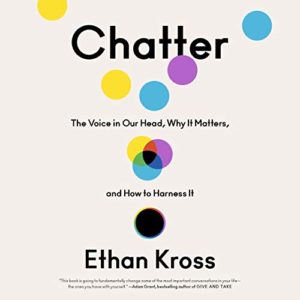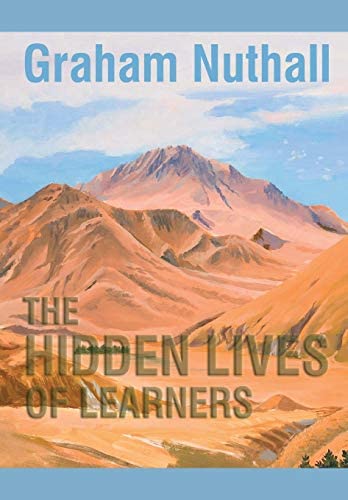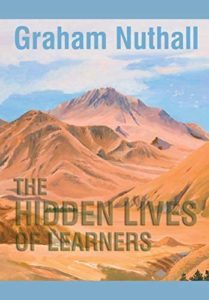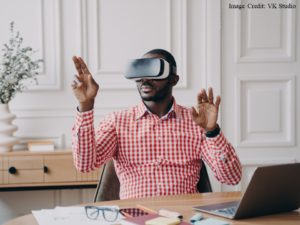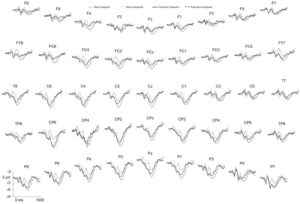Few debates rage hotter in education circles than that between educational progressives and educational traditionalists. (I’m emphasizing “educational” in these phrases, because they don’t necessarily align with political trad/prog divides. This blog doesn’t do politics.)
One recent summary — relying heavily on Dewey — describes the debate this way:
Educational traditionalists “argue that teachers should carefully select and sequence the best knowledge from their subject areas and then deliver it directly to the whole class, while maintaining order.”
Whereas
Educational progressives “argue that teachers should focus on facilitating individualised learning experiences in which pupils can explore their natural inclinations, thus nurturing their interests and developing general thinking skills.”
Of course, the debate gets MUCH more complicated than these summaries, but it’s handy to have a quick definition. According to this summary article cited above, roughly 2/3 of teachers side with one or the other of these two positions.
But: do we have research favoring one approach or the other?
Problems and Solutions
Because both educational philosophies encompass substantial sets of teaching ideas — everything from pedagogy to curriculum to motivation to metacognition — they resist efforts to evaluate them in their entirety.
We might run a study that shows … say … this “ed prog” unit motivates 6th graders more strongly than the analogous “ed trad” unit. However, such a study doesn’t necessarily mean that the philosophy itself works for all students, all subjects, all cultures, and all definitions of “works.”
So, what to do?
Education scholars Dr. Sam Sims and Dr. John Jerrim have found an ENORMOUS data set from Germany that just might make this possible.
It shows how much academic progress several thousand German students made over several years.
It measures their expressed motivation for studying German and math.
Heck, it even tracks their metacognative facility.
And,
It asks questions about their teachers’ expressed place on the ed prog/ed trad continuum.
It also asks questions about the teachers’ educational practices (PBL, lecture), to see if they align with those expressed beliefs.
WOW.
If we crunch the numbers just right, we should be able to answer several questions:
Do students learn more in one or the other of these approaches?
Does their motivation vary depending on them?
Is one approach or another better for more or less successful students?
So, what do Sims and Jerrim discover when they run their equations?
Not What I Was Expecting
The blog title promises something “weird.” So, here goes…
Because the ed prog/ed trad debate has an ethical valance to it, it often prompts dramatic calls:
“This way is the right way, so our profession really must do it right! After all, anything else is wrong.”
This study — weirdly — comes to an astonishingly bland conclusion.
That is:
Which philosophy helped students learn more?
Honestly, both worked equally well.
But wait: which one helped struggling learners more?
Meh. Both worked equally well.
But surely one fostered student motivation more than the other!
Well, kinda. Educationally traditional teaching practices resulted in slightly higher levels of motivation in German. But, not in math. And, not much even in German.
Um, metacognition?
Again, no big difference — although a slight benefit for team ed trad.
So, this ferocious debate we’ve been having for decades? Maybe we’ve been arguing about the wrong topics…
Trying to Process
Honestly, I’m still trying to wrap my head around this research. (By the way, I heard about it from Peps Mccrea. If you haven’t signed up for his “Research Snacks,” do so NOW. And, you can hear his webinar on motivation March 18th.)
Here’s a random grab-bag of my early thoughts:
First, I don’t doubt that LOTS of people will simply reject these findings. One easy way to do so: they’re published not in a peer reviewed journal, but as a working paper.
Debates about the relative merits of peer review rage in the scholarly community. Readers who typically reject working papers for their lack of formal peer review might simply set this one aside.
Second, if these two approaches basically work equally well, then we shouldn’t focus on choosing one or the other: we should focus on doing both as well as we possibly can.
My own view is that cognitive science will help us do so. For instance: no matter my educational philosophical stance, my students will benefit if I understand how working memory works.
Third, the finding about motivation seems especially surprising — or at least provocative.
Champions of educationally progressive education typically trumpet motivation as one of its obvious benefits. (Hence the contemptuous phrase “drill and kill” to mock direct instruction.)
This research suggests that educationally traditional methods produce slightly higher levels of motivation (in one of the two subjects they measured).
But wait: if students in ed trad classes felt more motivation but didn’t learn more, something very strange is going on.
Perhaps (dare I write it?), motivation doesn’t matter for learning? (How can that possibly be?)
Perhaps (dare I write it?), ed trad methods produce slightly more motivation but slightly less learning — and those two effects balance each other out? (All my ed trad friends just howled in rage.)
Or perhaps there’s some other obvious explanation I’m missing?
Currently, I’m stumped.
Next Steps
Me, I’m going to watch the responses to Sims and Jerrim’s working paper, and see what additional wisdom shakes out.
If you’ve got additional or alternative perspectives, I hope you’ll share them in the comments.
